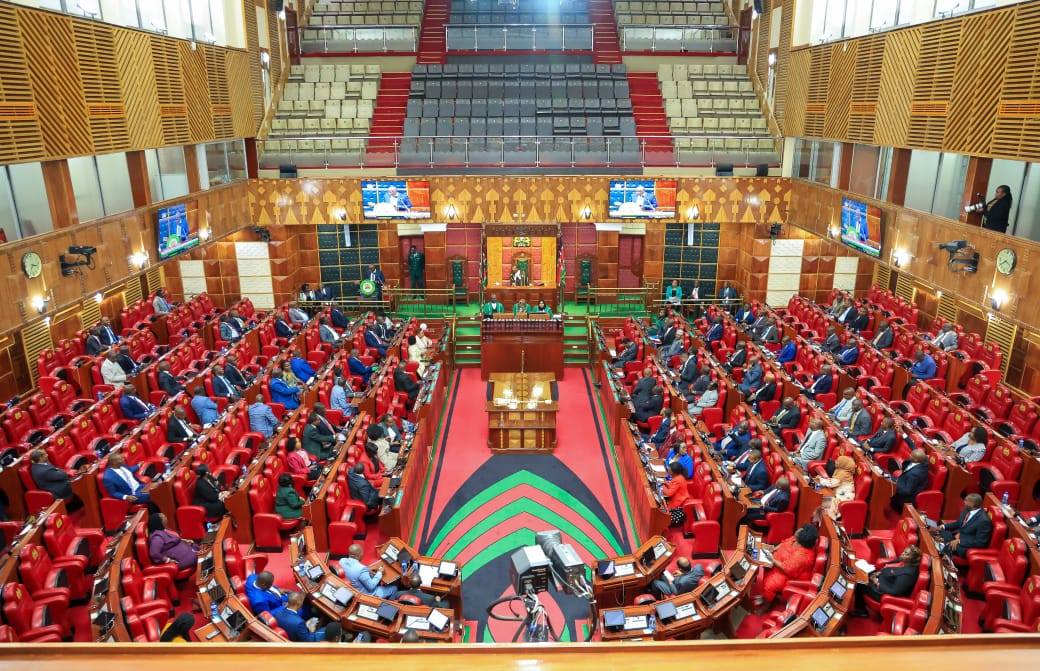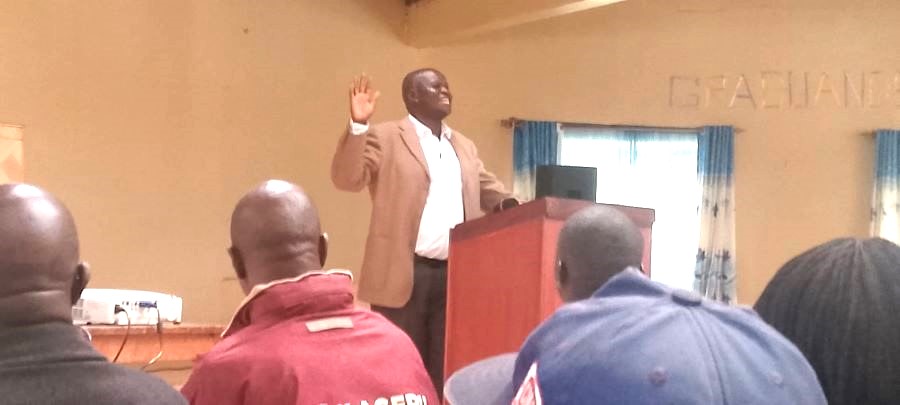Education Cabinet Secretary Julius Ogamba has defended the government’s decision to slash university fees by up to 40 percent, arguing that the move is designed to expand access to higher education and not to destabilize institutions.
Speaking on Wednesday, Ogamba said the fee reduction, introduced under the student-centred funding model, is a strategic effort to boost enrolment and generate sustainable revenue through economies of scale.
“The fee cut is not causing any financial strain. It is increasing revenue,” Ogamba stated, explaining that universities stand to earn more by admitting larger cohorts, especially in high-cost programmes like medicine. “It’s in the numbers,” he added. “If you increase the number of students from eight to twelve in a class, you’ve raised it by 50 percent. That’s why we were able to reduce the fees by 40 percent. When something becomes more affordable, more people pay.”
The student-centred model was introduced in July 2023, Under the new system, students pay between 20 and 60 percent of tuition costs, depending on their financial need and the nature of their academic programme.
ALSO READ;
Former Butere Boys football star returns to the US after days in Kenya
Vice-Chancellors Committee chair Prof Daniel Mugendi also weighed in, dismissing claims that university heads were sidelined during the funding reforms. “This process was very consultative,” he said.
Mugendi noted that the deepest fee cuts were applied to expensive programmes, while standard courses saw modest reductions of around 15 percent. Despite the changes, he said universities continue to receive roughly the same level of funding, with increased household contributions.
The reforms come in the backdrop of financial pressure on public universities. The government currently owes varsities over Sh22 billion under the new model, Ksh13 billion in unpaid Higher Education Loans Board (HELB) disbursements and Ksh9 billion in scholarships for students admitted since 2023.
This is in addition to a longstanding backlog of Sh105 billion, accumulated from years of underfunding and declining enrolment in self-sponsored programmes.
By Masaki Enock
You can also follow our social media pages on Twitter: Education News KE and Facebook: Education News Newspaper for timely updates.
>>> Click here to stay up-to-date with trending regional stories
>>> Click here to read more informed opinions on the country’s education landscape
>>> Click here to stay ahead with the latest national news.






